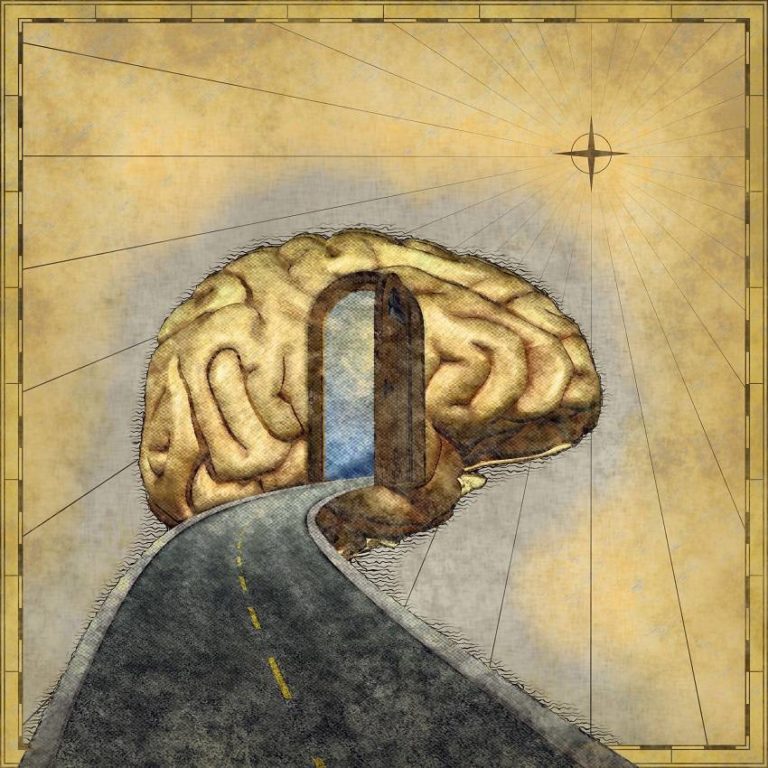How the morning begins decides how the rest of your day will go, so start yours well with a few life-changing Buddhist practices.
I found that these simple practices have helped me focus better on my work than before. They have also helped me get through sleepless nights. We don’t have to make earth-shaking changes to improve our lives. It all begins with a few basic lifestyle changes.
What Is Buddhism?
To explain Buddhism is a Herculean task. After all, it has developed over thousands of years. But I can give a summarized idea of it here.
The Buddhist philosophy developed as a result of inquiries from Indian Buddhist schools. Buddhism’s primary concern is freedom from suffering and unease. There have been vigorous debates over whether Buddhism is a religion. Arguments probably arise because it’s not a system of faith and worship in the conventional sense.
In fact, the philosophy centers on reason and understanding. Its followers seek Buddha’s instruction but have free will.
8 Buddhist Practices That Will Change Your Life Forever
So, Buddhist practices are accessible to everyone. They are simple ways to improve our lives.
1. Meditation
First of all, meditating and breathing helps us through the day. It’s necessary to do them before the mind becomes active. You may associate meditation with sitting cross-legged. However, there’s more than one way to meditate. The idea of doing so is to focus on our breaths. Doing this calms us down.
To start, lie on your back. Place your hands on your stomach and shut your eyes. Concentrate on the air that comes in from your nostrils and goes down to your chest and stomach. Feel your head go up and down with your tummy as you inhale and exhale.
5 minutes a day of this activity is enough for you to start the day right.
2. Intention
One useful practice is to set an intention before you meditate. It refers to the goals that you wish to reach for the day. Examples are ‘I won’t get angry with anyone today,’ or ‘I’ll practice kindness today.’ Set goals that you believe you need to reach.
3. Mindfulness
There is also mindfulness, which is similar to meditation. But you can do this while you are active. Concentrating on the moment allows you to move on with the tasks for the day. The key to mindfulness is to focus on the moment. If you have a negative thought, acknowledge it, then let it go. Of course, this isn’t easy and needs practice.
4. Practicing compassion
Another of these useful Buddhist practices is cultivating kindness. As we all know, it isn’t an easy one. Therefore, it’s art. Compassion is an aspiration. It gives you a sense of peace. While it’s one of the most difficult things to learn, it helps you bond with others.
5. Simplify your life
Furthermore, life has become complicated these days. We’ve become inundated with social media and emails. Facebook and Twitter messages need fast responses and trigger stress
Let’s face it. It’s difficult to do without social media, even for a short time. But you can limit the time you spend on it. Give yourself breaks because you’ll find that your life has more purpose than before.
6. Suffering
The concept of dukkha, or suffering, isn’t an easy one to digest. It may seem like Buddhism advocates suffering because of translating Sanscrit into English. Some people may think that this philosophy is about dealing with life’s ups and downs.
Dukkha refers to alleviating suffering. It teaches us how to avoid the painful feelings that come when life deals with hard blows. Doing so prevents more pain.
7. Anitya or Change
Aniitya is one of the most common Buddhist practices. This concept means that life is a constant state of flux. When we look around us, will realize that things change after a time. Anitya helps us to deal with our suffering because it tells us that it will pass. it reminds us not to become too attached to outcomes as well.
8. Anatma: Nothing belongs to the self
Finally, there is Anatma. It means that the idea of ‘self’ always changes. Everything that makes up who we are is different from time to time. We often attach our identities to our jobs, roles or interests. Buddhism suggests that these entities always change, so it’s not wise to become too caught up with them. Instead, we should accept ourselves as who we are.
These Buddhist practices are simple but promise to change your life forever.





Thank you for this great article
Wise counsel